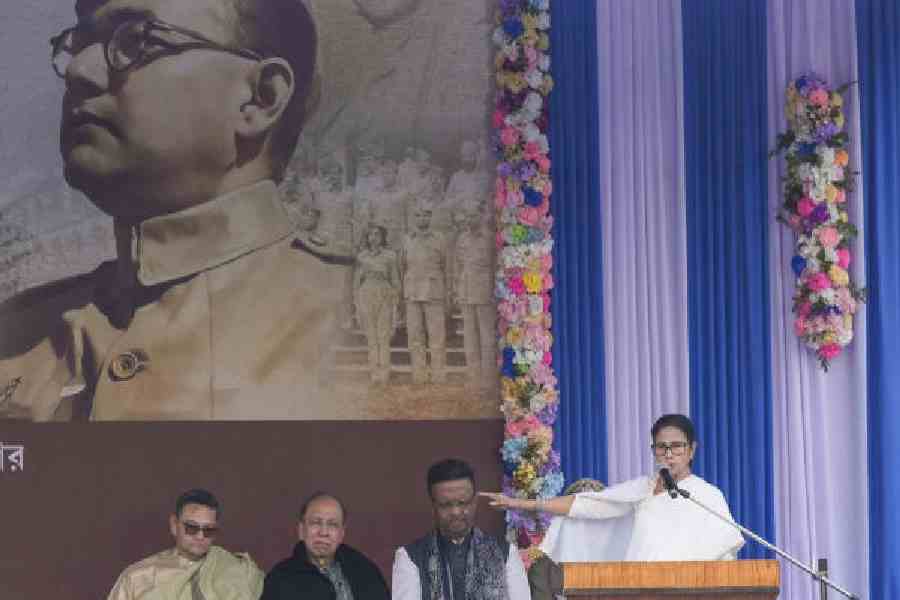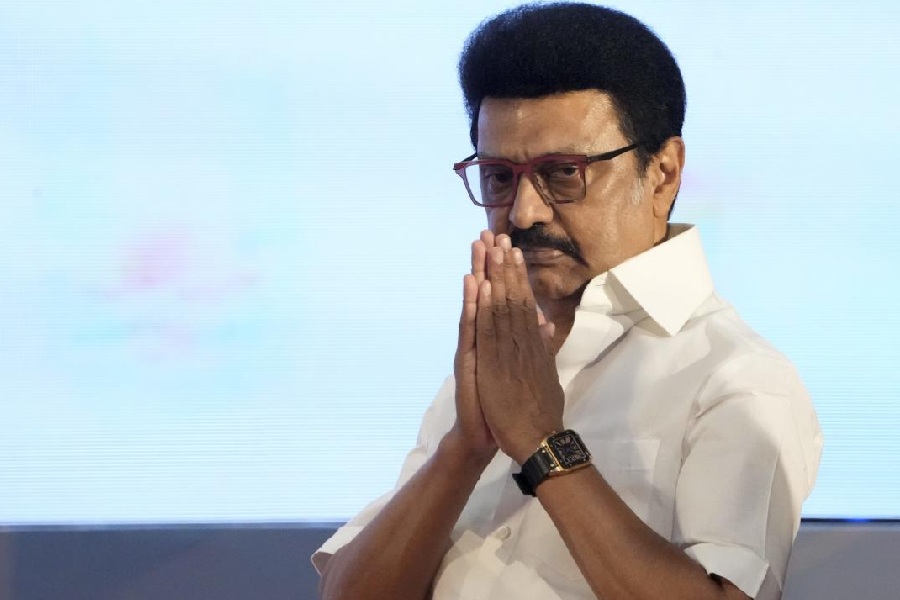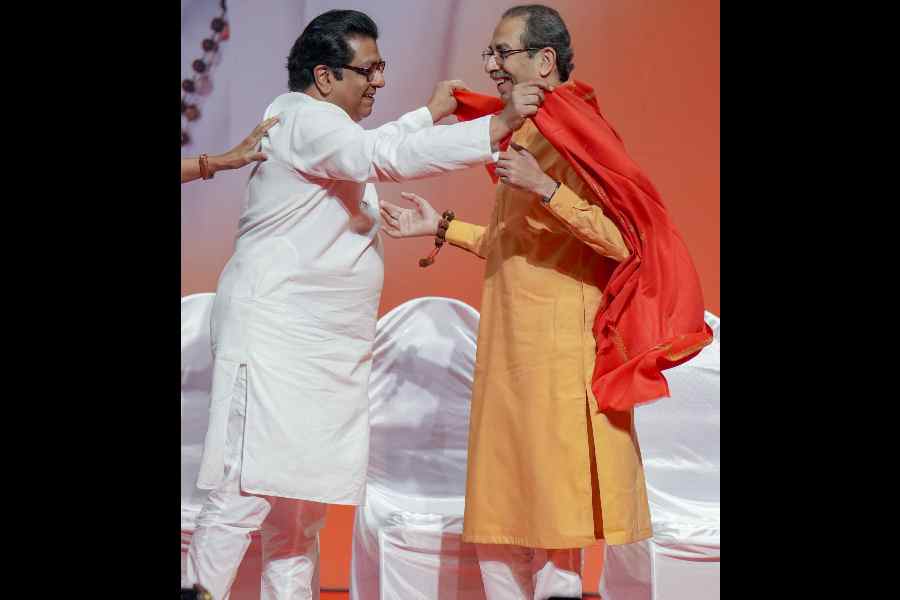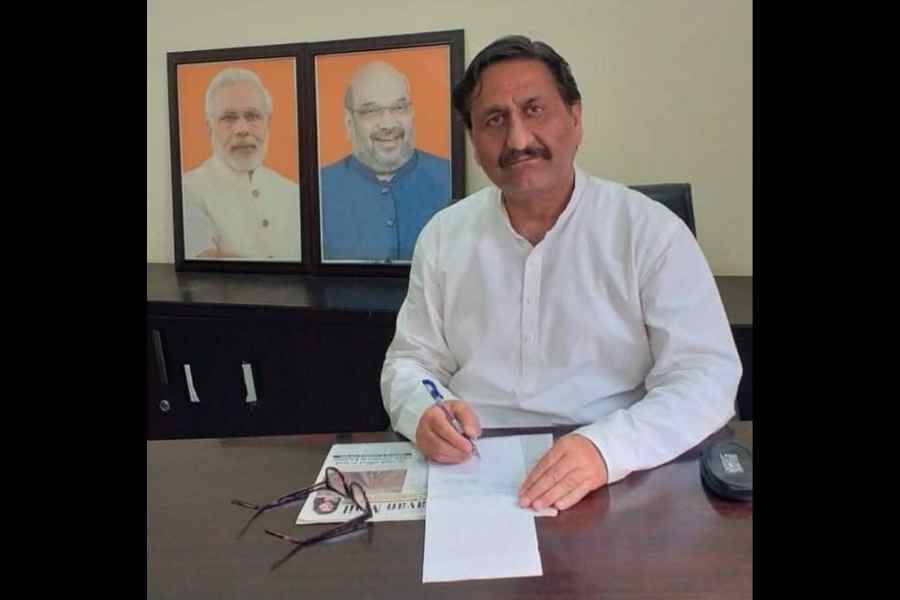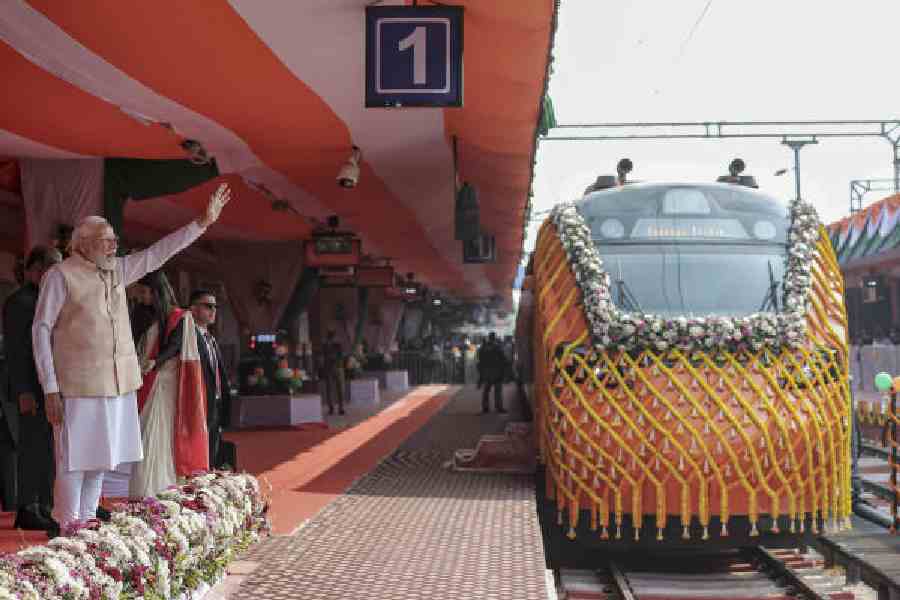The governor’s nod will no longer be required for a state-run university to call a senate meeting, according to rules introduced by the state government.
The rules also state that the approval of the governor, who is chancellor of all state-run universities, will not be required for selecting candidates for honorary degrees at the convocation.
Also, “there shall be no chancellor’s secretariat” at Bikash Bhavan and “all communications proposed to be made to the chancellor by the vice-chancellor, shall be addressed to the secretary of the department”, the rules say.
The rules curbing the power of the chancellor, which came into effect on Monday, were tabled in the Assembly on Tuesday.
Education minister Partha Chatterjee said the rules had been framed in accordance with Section 17 of the West Bengal Universities and College (Administration and Regulation) Act, 2017.
A senior official at Raj Bhavan said governor Jagdeep Dhankhar would react to the new rules after studying them.
Sources in the education department said the government had been mulling steps to curb the chancellor’s power since Dhankhar had said in September that only the chancellor, vice-chancellor and the administrative bodies of a university, and “no one else”, had the right to run the daily affairs of the institute.
The department and the chancellor had been on a collision course over the appointment of vice-chancellor of the Sanskrit College and University.
On December 5, Dhankhar had landed at Calcutta University though a meeting of the institute’s senate, which was scheduled for the day and the governor was to chair, had been postponed a day before because of “unavoidable circumstances”.
He sat for about an hour in front of the VC’s room before holding a press conference at the spot.
The senate is the highest decision-making body of CU. At other state-run universities, it is known as court or governing body.
A study of the Calcutta University Act 1979 and the First Statutes 1982 of Jadavpur University would make it clear how the chancellor’s role has been clipped.
The Calcutta University Act says: “The governor shall, by virtue of his office, be the chancellor of the university. He shall be the head of the university and the president of the senate and shall, when present, preside at the meetings of the senate…. Every proposal to confer any honorary degree shall be subject to confirmation by the chancellor.”
The JU statutes state: “Degrees shall only be awarded if the recommendation of the executive council is approved by not less than three-fourths of the members present at the meeting of the court and is finally confirmed by the chancellor.”
The new rules say: “The meeting of the senate/court or the syndicate/executive council or the governing board or of any other bodies or authorities of the university, as the case may be, shall be convened by the vice-chancellor with an intimation to the department and the department may intimate the same wherever necessary to the chancellor for record....
“All proposals for conferring any honorary degrees to any person shall be placed before the department for concurrence of the department. The department shall send the list of awardees to the chancellor for his confirmation”.
Education minister Chatterjee said while speaking to reporters in his room on the Assembly premises that the rules were long due. “The delay was causing difficulty in running the universities. We had drafted the rules earlier and I laid it today in the Assembly. These rules are part of the act that had been passed in 2017 with the governor’s assent.”
Elaborating on the differences between a bill and rules, Chatterjee, who is also parliamentary affairs minister, said: “A bill, which finally becomes an act, has to be introduced, discussed and voted for in the Assembly. But any rule under any act cannot be debated or voted... because it is part of the act. In almost every bill there is a vital clause that allows rules to be framed under the act.”
He said he had “never disrespected the chair of the governor and would never do so in future.”
A senior official of CU said the rules would enable the university to go ahead with its plan to confer an honorary DLitt on Nobel laureate Abhijit Vinayak Banerjee at the convocation scheduled for January 28, 2020.
“Had the rules not been changed, the chancellor would have insisted on approving the names of the honorary degree recipients at the senate meeting, like he did at Jadavpur University. The state government was viewing this as an interventionist approach by the chancellor,” the official said.
Dhankhar had gone to Jadavpur University on October 18 to preside over a meeting of the court and approve the names of the DLitt and DSc recipients.


